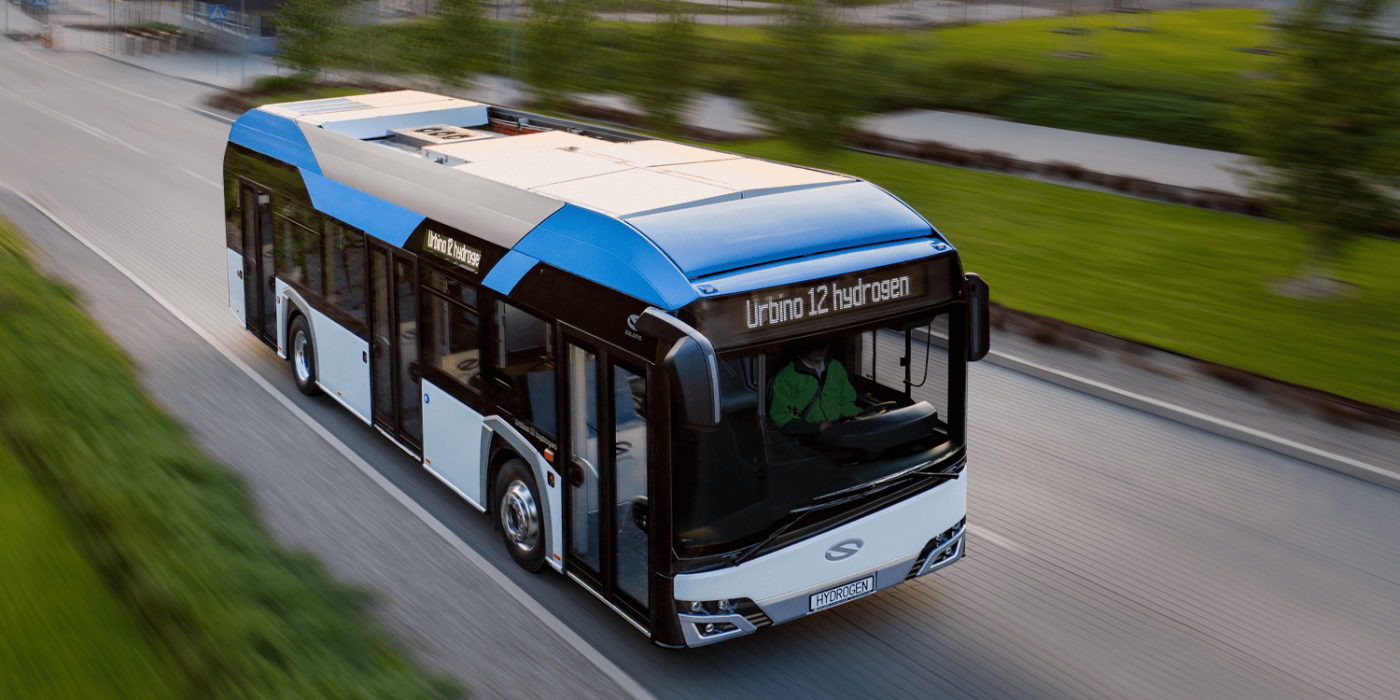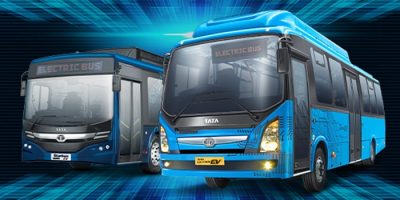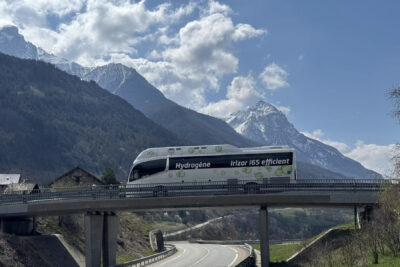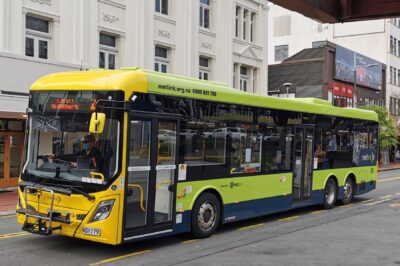Solaris secures record order from Germany
Solaris has announced a record order for hydrogen buses from the German state of Mecklenburg-Vorpommern: The transport company Rebus Regionalbus Rostock has ordered 52 fuel cell buses from the Polish manufacturer, including 47 vehicles with a length of twelve metres and five articulated buses.
The municipal company Rebus Regionalbus is based in Güstrow, Germany, and is responsible for public transport in the Rostock region. The company currently operates 170 diesel buses. It will initially invest €40 million to convert to hydrogen public transport.
Solaris emerged as the winner of a Europewide tender and will deliver the 52 hydrogen buses by the end of 2024. It is the manufacturer’s largest single order for H2 buses to date. So far, a good 100 hydrogen Urbino have been delivered to transport companies in Italy, Germany, the Netherlands, Sweden and Poland. Another 100 hydrogen vehicles are currently in production.
Rebus Regionalbus expects to commission the FCVs in the first quarter of 2025. The average distance travelled on the routes will be 200 kilometres. Parallel to the procurement, two hydrogen filling stations will be built at the Güstrow and the Bad Doberan depots. They are also part of the initial investment: about €30 million have been earmarked for the buses and another €10 million for the H2 fuelling stations, the conversion of workshops, etc.
Longterm, the operator is looking to completely switch its fleet to hydrogen. A goal supported by the German government. 80 per cent of the additional costs of the fuel cell vehicles compared to diesel variants will be covered by the Federal Ministry of Transport. The district will provide another €1.8 million.
The two models ordered are the Urbino 12 hydrogen and the Urbino 18 hydrogen – the numbers in the model name stand for the vehicle length in each case. The articulated version of the Solaris hydrogen bus, five of which will also go to the Rostock district, is the latest model in the Solaris portfolio and was launched in September 2022.
According to Solaris, the twelve-metre version will be fitted with 70 kW hydrogen fuel cell units, while the longer version will have 100 kW. The FC technology will be equipped with a “Solaris High Power traction battery,”, which supports the fuel cell at moments of peak power demand, and a central electric motor with an output of 160 or 240 kW – depending on the vehicle length. On board, the models will also have a heat pump.





0 Comments